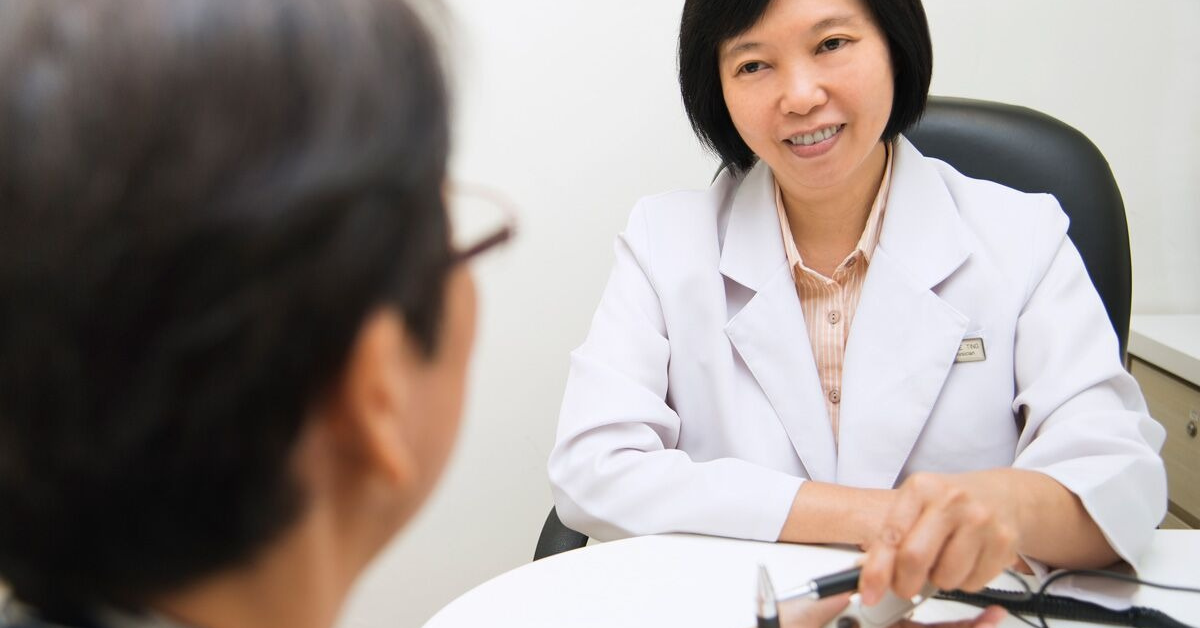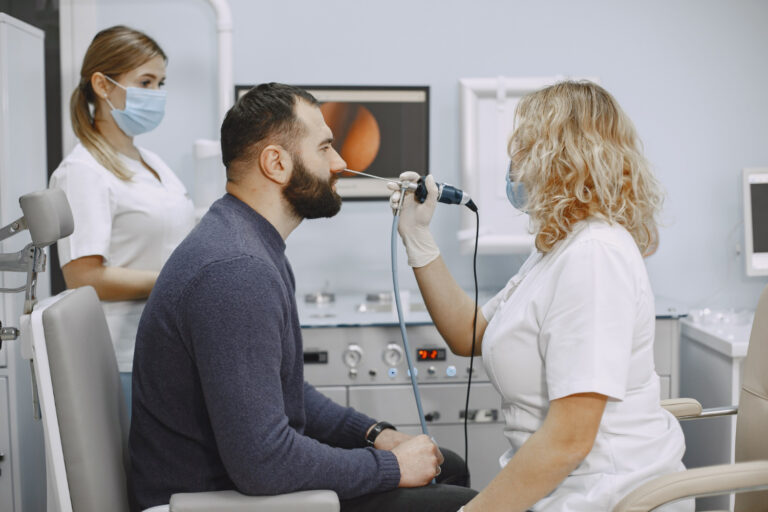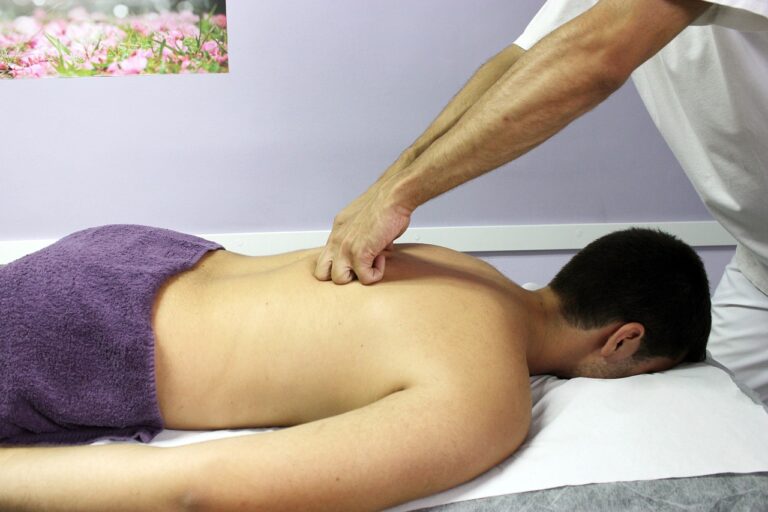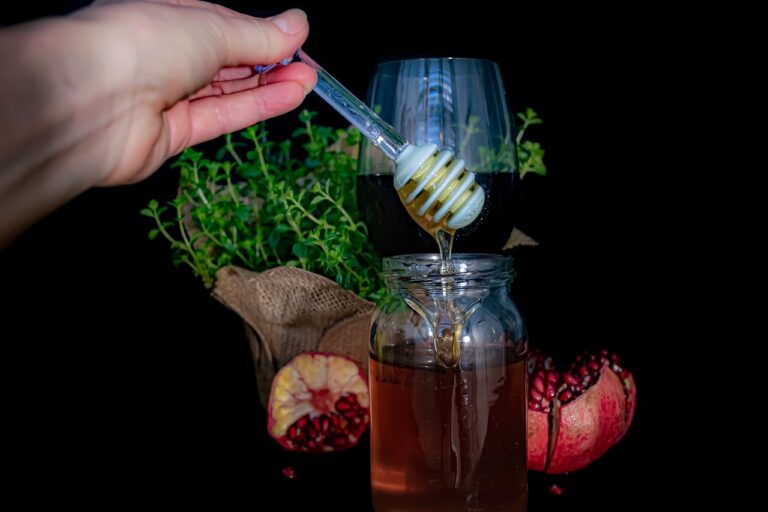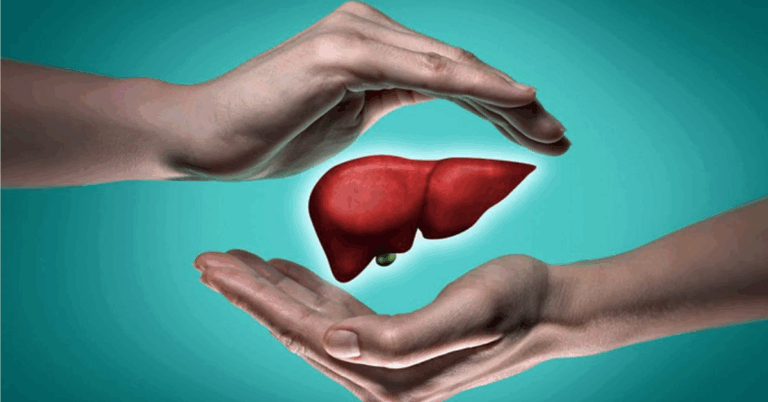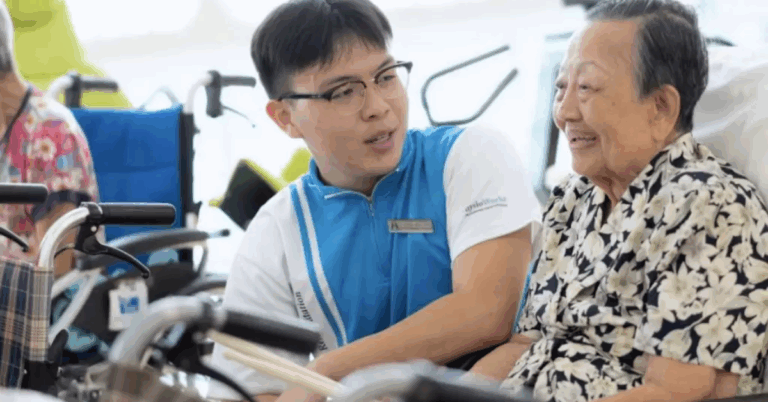Traditional Chinese Medicine (TCM) in Singapore: A Holistic Approach to Health
Traditional Chinese Medicine (TCM) has become an integral part of Singapore’s healthcare landscape, offering a natural and holistic approach to healing and wellness. Rooted in ancient Chinese philosophy and practices that date back over 2,000 years, TCM focuses on restoring balance within the body to promote overall health. TCM Singapore has gained widespread acceptance, blending well with modern healthcare practices to provide effective treatment for various health concerns.
Understanding Traditional Chinese Medicine (TCM)
TCM is based on the concept of Qi (pronounced “chee”), which refers to the vital life energy that flows through the body. According to TCM theory, good health is achieved when Qi flows freely and harmoniously through the body’s meridians (energy channels). When this balance is disrupted, it can lead to illness and discomfort.
TCM also emphasizes the balance of Yin and Yang — the two opposing yet complementary forces in the body. Yin represents coolness, rest, and nourishment, while Yang symbolizes heat, activity, and stimulation. An imbalance between Yin and Yang is believed to be the root cause of many health problems.
Popular TCM Treatments in Singapore
In Singapore, a wide range of TCM treatments are available, each targeting different aspects of health and well-being. Here are some of the most commonly sought-after TCM therapies:
1. Acupuncture
Acupuncture involves the insertion of fine needles into specific points on the body to stimulate the flow of Qi and restore balance. It is widely used to treat:
- Chronic pain (such as back pain and arthritis)
- Stress and anxiety
- Insomnia
- Digestive issues
- Migraines
2. Herbal Medicine
Herbal medicine is a cornerstone of TCM, involving the use of natural plants, roots, and minerals to create customized remedies. TCM practitioners in Singapore often prescribe herbal formulations to treat conditions such as:
- Respiratory issues (e.g., asthma, cough)
- Digestive disorders
- Skin conditions
- Hormonal imbalances
3. Tui Na (Chinese Massage Therapy)
Tui Na is a form of therapeutic massage that involves kneading, pressing, and stretching techniques to improve blood circulation and relieve muscle tension. It is particularly effective for:
- Musculoskeletal pain
- Sports injuries
- Stress relief
4. Cupping Therapy
Cupping therapy uses heated glass cups placed on the skin to create suction. This technique helps to:
- Improve blood flow
- Reduce inflammation
- Relieve muscle pain and stiffness
5. Moxibustion
Moxibustion involves burning dried mugwort (a medicinal herb) near specific acupuncture points to warm the body and improve the flow of Qi. It is often used to treat:
- Cold-related conditions
- Digestive issues
- Menstrual cramps
Why TCM is Popular in Singapore
TCM has gained significant popularity in Singapore for several reasons:
Complementary to Modern Medicine
Many people in Singapore seek TCM alongside Western medicine to address health concerns from multiple angles. For example, acupuncture is often used to relieve side effects from chemotherapy, while herbal medicine is used to support recovery from surgery.
Non-Invasive and Natural
Unlike conventional treatments that may involve medication or surgery, TCM offers natural, non-invasive alternatives. Many Singaporeans prefer TCM for managing chronic conditions without the risk of side effects.
Holistic Health Approach
TCM treats the body as a whole, focusing on the root cause of health issues rather than just symptoms. This approach promotes long-term wellness rather than short-term relief.
Conditions Commonly Treated with TCM in Singapore
TCM has been effective in treating a wide range of health issues, including:
- Chronic Pain – Back pain, joint pain, and migraines
- Women’s Health – Menstrual irregularities, menopause symptoms, and fertility support
- Digestive Disorders – Acid reflux, bloating, and irritable bowel syndrome (IBS)
- Mental Health – Anxiety, depression, and insomnia
- Skin Conditions – Eczema, acne, and psoriasis
- Respiratory Issues – Asthma, cough, and sinusitis
Choosing a TCM Practitioner in Singapore
When seeking TCM treatment in Singapore, it’s essential to consult a licensed and experienced practitioner. The Ministry of Health (MOH) regulates TCM practitioners in Singapore, ensuring that they meet strict educational and professional standards.
What to Look for in a TCM Practitioner:
Registered with the Traditional Chinese Medicine Practitioners Board (TCMPB)
Experienced in treating your specific health condition
Provides a clear diagnosis and treatment plan
Uses high-quality, safe herbal ingredients
Follows proper hygiene and safety practices
Preparing for Your First TCM Appointment
If you’re considering TCM for the first time, here’s what you can expect during your initial consultation:
- Health Assessment: The practitioner will ask about your medical history, lifestyle, and symptoms.
- Pulse and Tongue Diagnosis: Your pulse and tongue condition provide insights into your body’s internal balance.
- Customized Treatment Plan: The practitioner will recommend a combination of therapies, such as acupuncture, herbal medicine, or massage, based on your individual health needs.
Benefits of TCM
Natural Healing – TCM focuses on strengthening the body’s natural healing abilities.
Reduced Side Effects – Compared to pharmaceutical drugs, TCM treatments are known for having fewer side effects.
Improved Quality of Life – TCM can enhance overall well-being, helping you feel more energized and balanced.
Long-Term Health Maintenance – By addressing the root cause of health issues, TCM promotes long-term wellness.
Frequently Asked Questions (FAQ)
1. Is TCM safe?
Yes, TCM is generally safe when administered by a licensed and experienced practitioner. Herbal medicines and treatments are carefully tailored to each individual’s condition to minimize side effects.
2. How long does it take to see results from TCM treatment?
Results vary depending on the condition and the individual’s health status. Some people may feel improvements after one session, while others may need several weeks of consistent treatment.
3. Can TCM be used alongside Western medicine?
Yes, TCM can complement Western medicine. However, it’s important to inform both your TCM practitioner and your doctor about any medications or treatments you are undergoing to avoid potential interactions.
4. Are there any dietary restrictions during TCM treatment?
Your TCM practitioner may recommend dietary changes based on your body type and health condition. Common advice includes avoiding overly cold or greasy foods.
5. Does TCM work for stress and mental health issues?
Yes, TCM therapies such as acupuncture, herbal medicine, and massage are known to reduce stress, improve sleep quality, and promote mental clarity.
6. How do I know if my TCM practitioner is licensed?
All registered TCM practitioners in Singapore are listed under the Traditional Chinese Medicine Practitioners Board (TCMPB). You can verify their credentials on the official MOH website.
Conclusion
Traditional Chinese Medicine (TCM) offers a holistic and natural approach to health and wellness in Singapore. With its focus on restoring balance and harmony within the body, TCM has become a trusted alternative or complement to modern medical treatments. Whether you’re seeking relief from chronic pain, improved digestion, or better mental clarity, TCM provides a personalized and effective solution tailored to your unique health needs.
Read More

